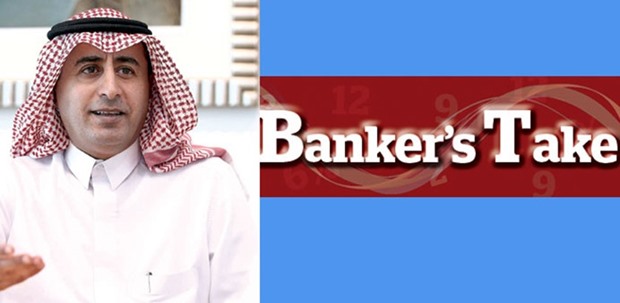Brexit has reignited fierce debate within Europe about the pros and cons of integration among nation states. With its diversity of language, culture and economies, Europe’s economic and political integration can be argued to be remarkably successful given the differences between members of the EU. Continuing our assessment of economic diversification in Gulf Times, greater economic integration within the GCC, whose countries enjoy the advantage of having very similar linguistic and cultural attributes, would have a positive impact on Qatar’s journey away from a one-sector economy.
The Qatar Financial Centre is focused on creating an environment for large international players to engage in Qatar, and at the same time create local capacity and imparting skills and expertise. For a sustained growth away from oil and gas revenues, focus should also be on the regional economy, increased cooperation among the Gulf states and for a speedier move towards economic integration.
The GCC market is small compared with other markets in the world and the duplication of projects especially in the industrial and financial sector, is leading to competition within the GCC that is often not beneficial for the long-term sustainability of national economies. Qatar has ample opportunities within the region by turning to an inward-looking, regional investing pattern, as well as an outward-looking, global investing pattern. The Qatari financial system can stimulate regional economies and by doing that, they themselves can move away from the one-sector economy.
The global financial crisis was a reminder of the need to coordinate and cooperate more closely within the GCC and to focus on the issue of integration of their capital and debt markets. The benefits that increased integration would bring in immense in terms of overcoming the constraints imposed on these markets, as well as capturing the opportunities associated with the emergence of an effective and well-regulated capital and equity market.
Qatar’s economic fundamentals remain strong despite low oil prices, and although liquidity has tightened, Qatar remains very open to international investors. Qatar has successfully developed and upgraded its physical infrastructure with well-developed communications, transport and telecommunications services but to create a business environment to rival financial centres such as Hong Kong and Singapore, some remaining issues could be addressed effectively within the GCC collectively as they are common to most GCC countries who are developing their banking and finance sectors.
Over the years, a great deal of lip service has been paid to the concept of monetary union. The six GCC member states: Qatar, Saudi Arabia, the UAE, Kuwait, Bahrain and Oman have discussed creating a common currency for decades but talks stalled in 2010 after Oman and the UAE pulled out. Since then, the idea has been mooted among remaining four, but we are still a long way from a common GCC currency. This is unfortunate considering the GCC nations have similar production and external trade structures and all of the countries with the exception of Kuwait are pegged to the US dollar. Encouragingly, at a recent meeting of the GCC heads of state and leaders in June, the creation of two apex bodies to accelerate economic integration by removing potential hurdles was approved: namely the Commission of Economic and Development Affairs and the Economic Judiciary Commission. There is a strong case to realise the GCC states’ vision of greater economic integration and act less as individual states and more in terms of an economic bloc, similar to Europe. This will greatly aid efforts to bring long-term sustainability and successful diversification not only for Qatar but the rest of the GCC too.
* Dr Abdulaziz A al-Ghorairi is senior vice-president, group chief economist and head of asset management at Commercial Bank.

.
